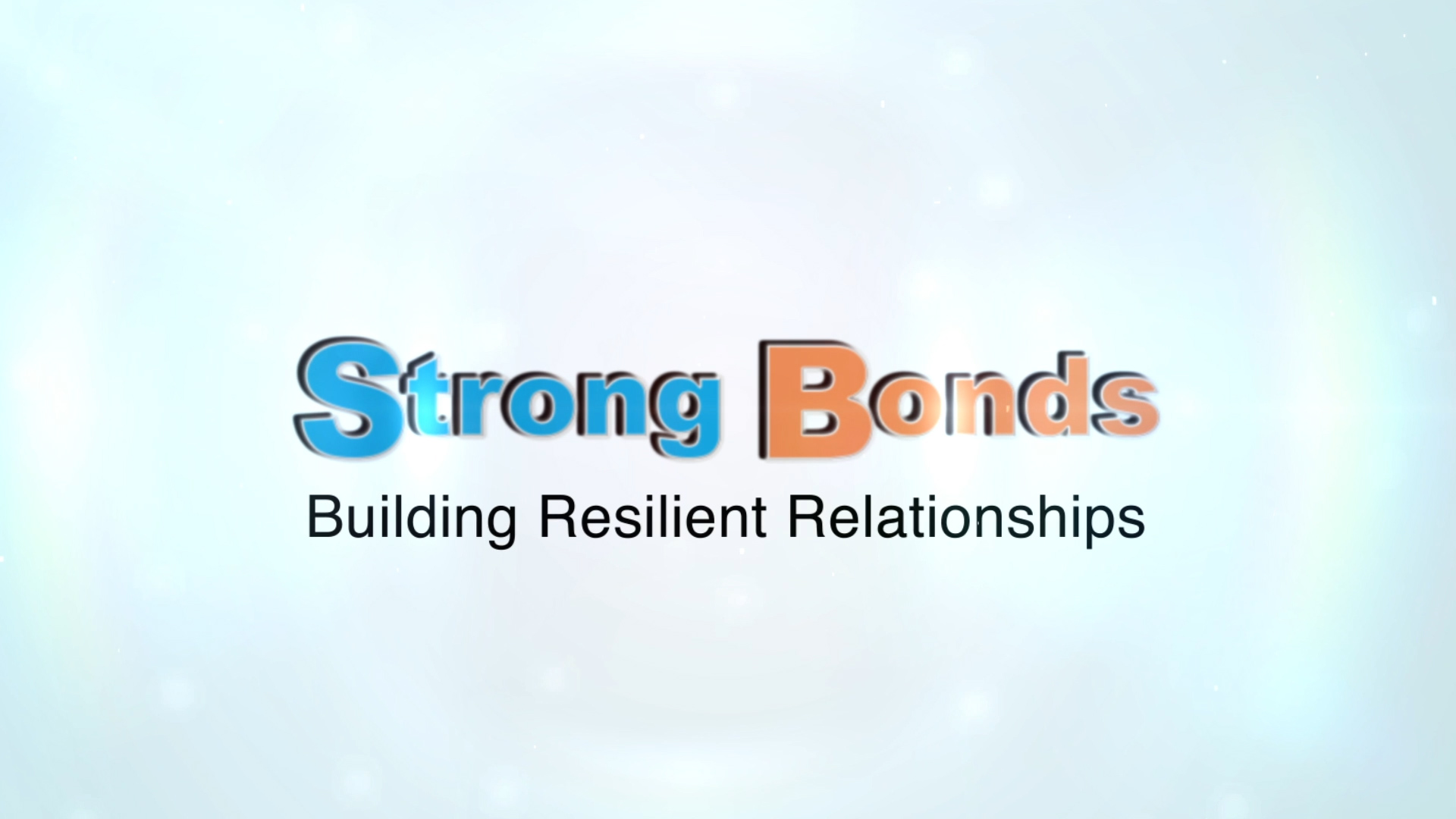Relationships are the foundation of our lives. They provide us with love, support, and a sense of belonging. But let’s face it, no relationship is immune to challenges and hardships. Life throws us curveballs, and it’s during these tough times that resilience becomes crucial. Resilience is the ability to bounce back from setbacks, adapt to change, and grow stronger.
In the realm of relationships, resilience plays an equally important role. It helps us navigate conflicts, overcome obstacles, and build stronger bonds. I’ve personally experienced the power of resilience in my own relationships, and I believe it’s worth exploring how we can cultivate it to create lasting connections.
First and foremost, it’s essential to recognize that resilience is not synonymous with being invincible or never facing problems. It’s about developing the skills and mindset to navigate challenges in a healthy and constructive way. It begins with self-awareness. Understanding your own emotions, strengths, and weaknesses can provide a solid foundation for building resilience in relationships.
For instance, when I faced a rocky period in my relationship, I had to confront my own fears and insecurities. The process was not easy, but acknowledging my vulnerabilities and working on them allowed me to communicate better with my partner. This self-awareness laid the groundwork for building resilience together.
Effective communication is another vital aspect of resilience in relationships. It’s not just about talking, but also actively listening and empathizing with each other. Open and honest dialogue helps resolve conflicts and fosters understanding. A healthy exchange of thoughts and feelings lays the groundwork for finding common ground and moving forward as a team.
In my own journey towards resilience, I learned that it’s crucial to approach conflicts as opportunities for growth, rather than as threats to the relationship. Instead of seeing disagreements as roadblocks, we should view them as valuable moments to learn from each other, compromise, and reinforce the bond we share.
Building resilience in relationships also involves nurturing trust and practicing forgiveness. Trust acts as the glue that holds any relationship together. It requires both vulnerability and a belief in the other person’s integrity. However, trust can be easily shaken when conflicts arise. Therefore, it’s pivotal to rebuild and maintain trust by keeping promises, being dependable, and communicating openly.
Likewise, forgiveness is an essential ingredient in the resilience recipe. Holding onto grudges or past mistakes only creates distance between partners. To foster resilience, we must learn to forgive each other and let go of resentment. This does not mean forgetting what happened, but rather actively working towards healing and moving forward. Forgiveness frees us from the weight of the past, allowing space for growth and deeper connection.
Resilience in relationships is not only about handling conflicts but also about celebrating the good times and maintaining connection during periods of change and transition. Life is full of ups and downs, and being able to adapt together is crucial for maintaining a strong bond.
In my experience, engaging in shared activities and hobbies has strengthened the resilience in my relationships. Whether it’s going on adventures together, pursuing a shared passion, or even simply spending quality time, these shared experiences create a solid foundation for resilience. They provide moments of joy, laughter, and create lasting memories, which act as a lifeline during challenging times.
Lastly, it’s important to remember that resilience is an ongoing process. Relationships ebb and flow, and nurturing resilience requires constant effort and commitment. It’s not a one-time fix. We must continuously invest in the growth of our relationships, cultivate resilience, and adapt as individuals and as partners.
In conclusion, resilience is the cornerstone of thriving relationships. It empowers us to navigate conflicts, bounce back from setbacks, and grow together. By fostering self-awareness, practicing effective communication, building trust, embracing forgiveness, and engaging in shared experiences, we can cultivate resilience in our relationships. Let’s embark on this journey of resilience, not only for our own well-being but for the enrichment and longevity of the relationships we hold dear.
